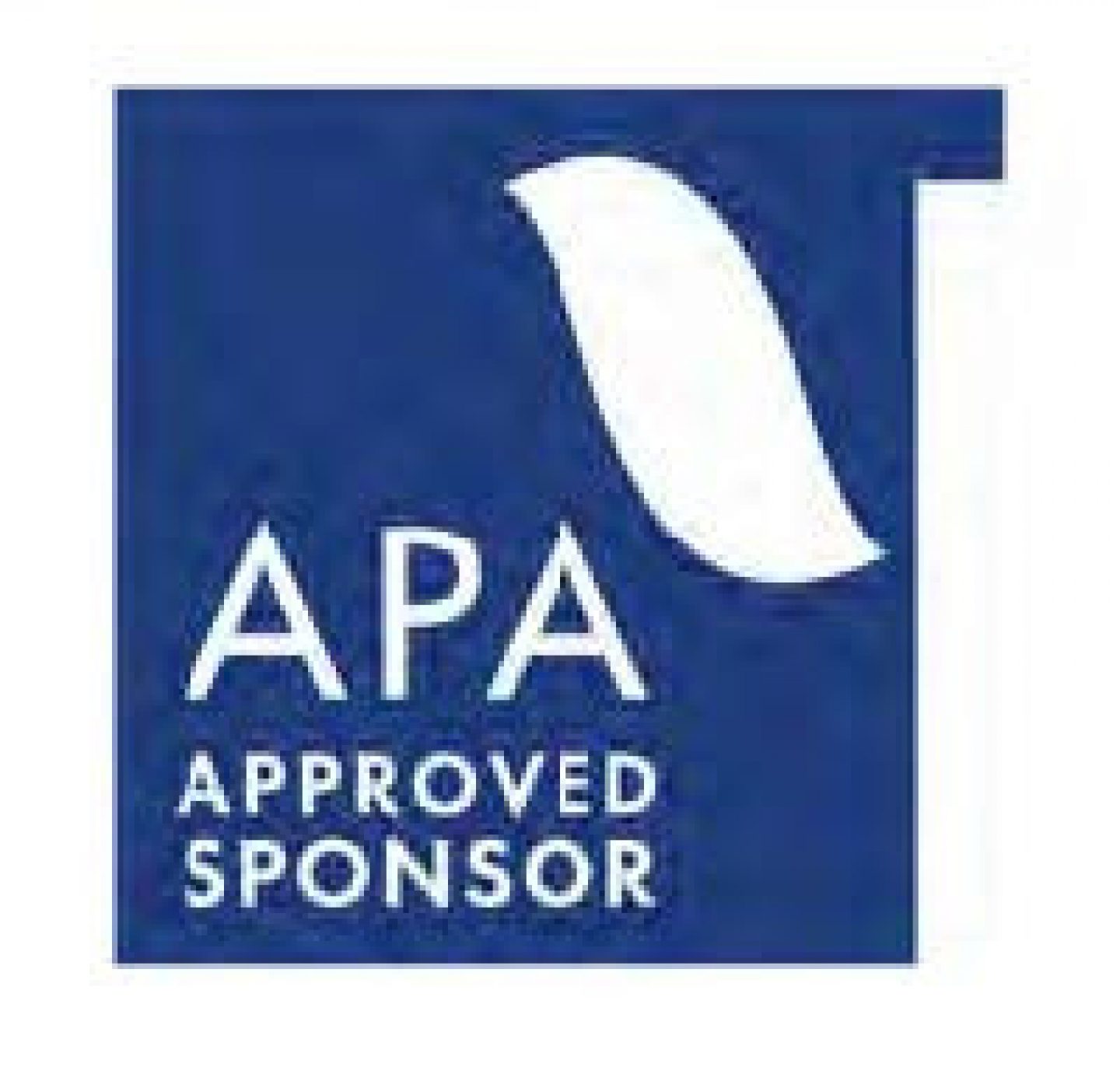Innovative Methods in Child Maltreatment Research
Research methods serve as the foundation for everything we know about child maltreatment and its impact on subsequent health and development. These methods inform the work of scientists, practitioners, and child welfare professionals on issues central to our daily lives, including how we assess child maltreatment during a home safety visit, how we distinguish it from other adverse childhood experiences during a clinical interview, how we demonstrate the risk child maltreatment poses for adverse health in the research laboratory, and how we develop evidence-based interventions in the community. Despite significant strides in the past several decades, the failure to create and adopt innovative methods has left critical gaps in our understanding of child maltreatment, including a lack of well-characterized prospective research spanning key developmental periods, variation in risk estimates across studies that has increased replication failures of scientific results, a lack of mechanistic research examining risk pathways across different levels of analysis to identify targets for intervention, and limited attention on how to optimize the effectiveness, efficiency, and dissemination of interventions to reach the children at greatest risk and in greatest need.
The Innovative Methods in Child Maltreatment Research conference, being held in-person and virtually, will present the latest science that is addressing these gaps and advancing the study of child maltreatment into the 21st century. Internationally renowned speakers will present pragmatic solutions to the biggest challenges in our field across a range of topics over two days. Presentations will be geared toward a diverse audience, including researchers, practitioners, and caseworkers, to facilitate the fastest uptake of novel methods for child maltreatment.
Continuing Education Units (CEUs) will be awarded for in-person attendance at all conference sessions for psychologists (12 credit hours) and social workers (12.5 credit hours). In-person attendees must sign in and out each day at the registration table to receive credit. If you do not, your record will not be complete for your hours attended and you will jeopardize receiving credit.

The Pennsylvania State University Psychological Clinic is approved by the American Psychological Association to sponsor continuing education for psychologists. The Pennsylvania State University Psychological Clinic maintains responsibility for this program and its content.
Penn State is an approved provider as defined by Pa. Code Sections 47.36(a)(3), 48.36(a)(3), and 49.36(a)(3). Social workers, marriage and family therapists, and professional counselors licensed by the state of Pennsylvania can earn 12.5 clock hours of continuing education for completing this course.